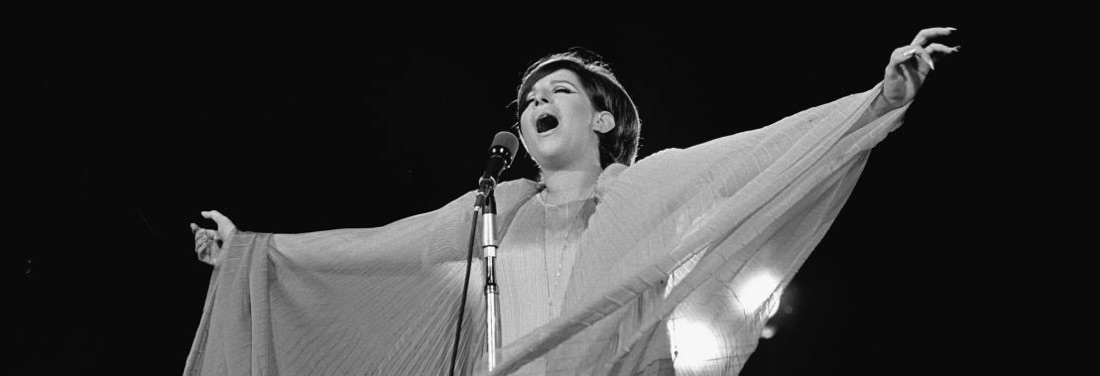
Virgil Thomson in The New York Herald Tribune:
The Metropolitan Opera’s new production of “La Bohème,” presented yesterday afternoon shows much thought taken and much care in the workmanship. Rolf Gerard’s sets and costumes offer no novel approach to the story. The first and fourth act studio is about what everybody else has done. The third act gives us a suburban and industrialized Barrière d’Enfer, derived from the painting of Utrillo, that makes the actors all look grubby and their behavior banal. The second act outdoor café and street scene, imitated in plan from Christian Bérard’s set for Molière’s “School for Wives,” is strikingly successful acoustically, because it keeps everybody down stage. It also looks like the Paris of Louis-Phillipe and feels like the Paris we know. It is a really fine opera set. The costumes lack distinction but are everywhere harmonious in color.
Joseph Mankiewicz, in staging the opera, has attempted no radical solution either; but he has moved his actors around expertly. He has even, and still more expertly, kept them standing still when they are not singing. As a result, this stage has tension at all times, and the story comes out clear. His crowd scenes in the second are the most interesting I have watched in some years, complex and enormously detailed but never messy. And nobody improvises his “business.” The weak spots in the stage movement occur in the amateurish bustlings about of Richard Tucker and Robert Merrill. These artists, especially the former, are so accustomed to putting their whole minds on singing that they seem quite out of place in a production that aims also at giving a bit of verity to the narration in English of a genuinely touching plot. Even their English vowels and diphthongs-especially those represented in spelling by ar, or, ir, er, and so forth-show a lamentable lack of schooling in the articulation of their own language.
As for Howard Dietz’s translation, it is ever so skillful and at the same time hopelessly off key. Its constant use of rhyme-far in excess, I think, of the Italian original-makes it seem affected. And the very ingenuity of the rhymes employed gives to the whole script a comical tone. I realize that the Italian language, if one is to keep the syllabic count, obliges one to rhyme not only the last syllables but also next-to-last ones, such as “ignores me” with “adores me,” “ladies” with “Mercedes” and “that one” with “fat one.” It were better in many such cases to drop a note or two from the musical line and also to restrain the rhyming impulse. This gets really out of hand in Musetta’s Waltz Song and produces a vulgarity of characterization nowhere justified in either Murger’s French novel or Giacosa’s and Illica’s Italian libretto. I quote literally:
“I go my way
“And gentlemen react to me at least,
“Nobody turns his back to me.”There is no question but that the translator has scanned his music and handled his vowels with care. But there is equally no denying that he has given to “La Bohème” a tone of commercial show-business that is unbecoming to it. His verbal cracks smell of radio and television, of Hollywood and Broadway “musicals.” It is a pity, because he has some technical skill in lyric-writing. It is his taste that is appalling. An even greater pity it would be if the Metropolitan Opera were to adopt this translation for its own. I do not think, either, that merely removing a half-dozen offensive couplets from it would raise its tone. The conception of the opera that it bears witness to from the beginning to end is unsuitable to that establishment. Either “Bohème” must go back to its native Italian, or another English version must be found. (There are, I am sure, at least thirty others in existence.)
Yesterday’s cast was distinguished throughout. The only trouble was that its distinctions were not always of the same kind. Mr. Tucker sang with ever great beauty of voice and lots of strength, but he showed no elegance at all in musical interpretation or in physical movement. Robert Merrill also seemed not to know that there was a real play going on. The other men knew it, and they sang well too. Patrice Munsel knew but did not sing well. Nadine Conner did everything right. Her costumes, I must say, did not help here; and Mr. Tucker’s constant shouting-her-down in the duets definitely was not to her advantage either. Neither was it good for the whole performance. Yesterday’s cast needs, in my opinion, only one major change (for I think Mr. Merrill could be improved easily.) That is the substitution for Mr. Tucker of a tenor somewhat more sensitive both musically and dramatically and one more evenly matched for vocal size to Miss Conner. I think her Mimi is worth in fact, the whole of yesterday’s cast.
Born on this day in 1901 actress Marlene Dietrich.
Born on this day in 1888 tenor Tito Schipa.
Born on this day soprano and teacher Elvira de Hidalgo (1882) and soprano Augusta Oltrabella (1897).


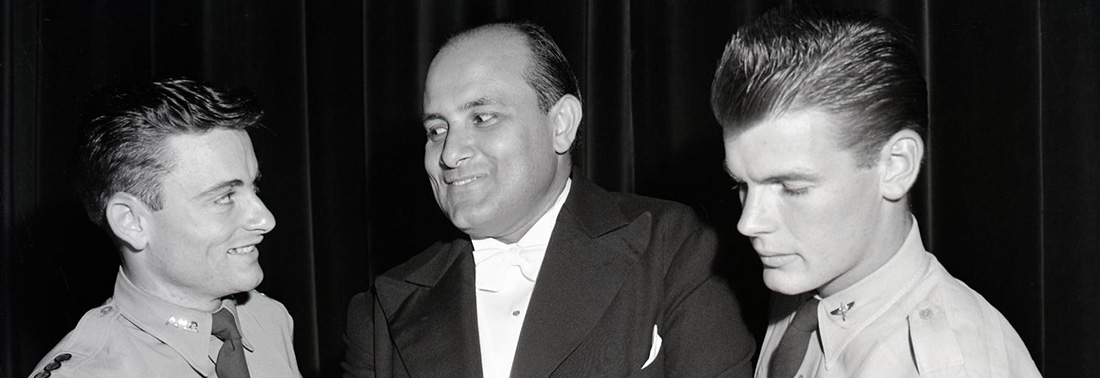
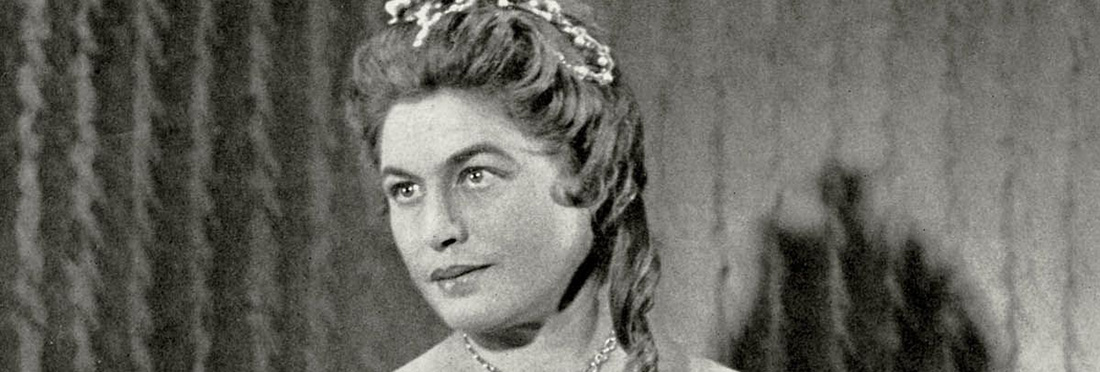

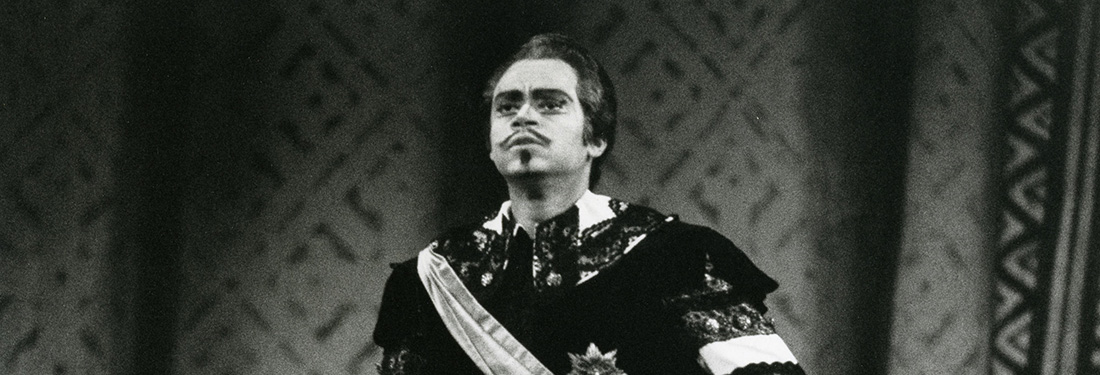
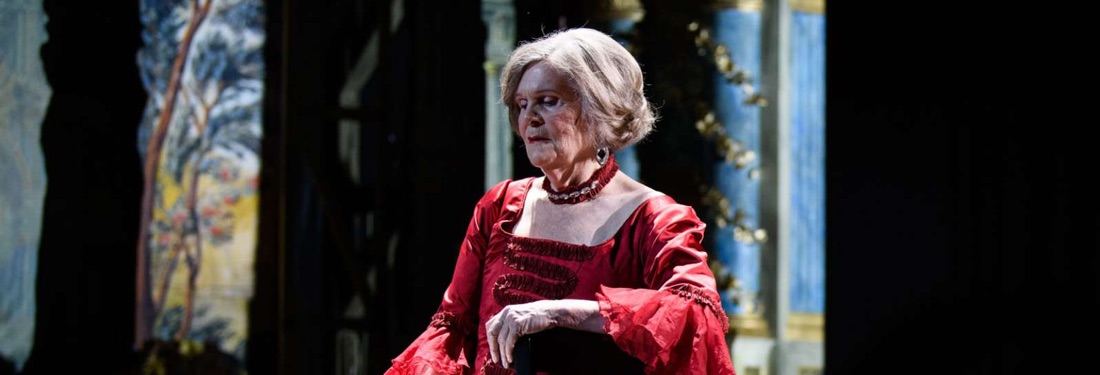


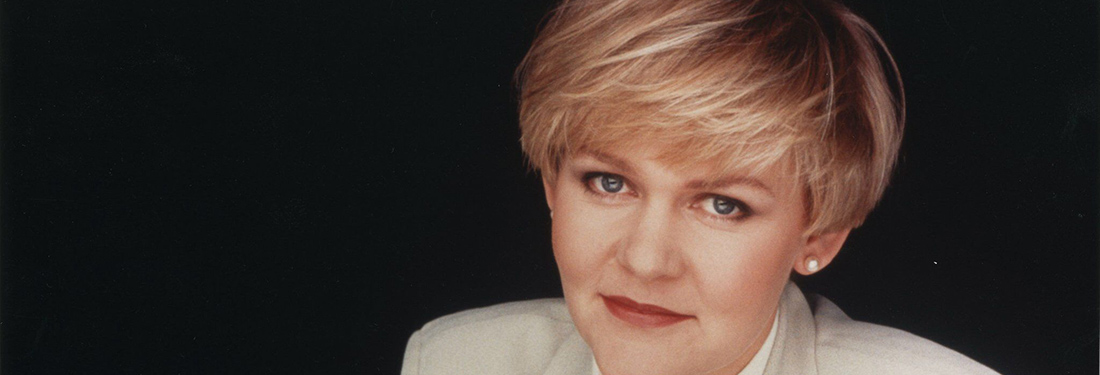
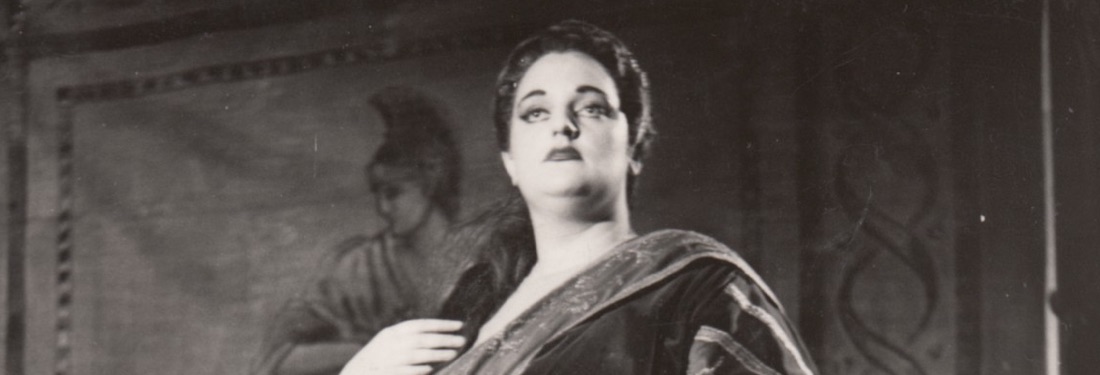

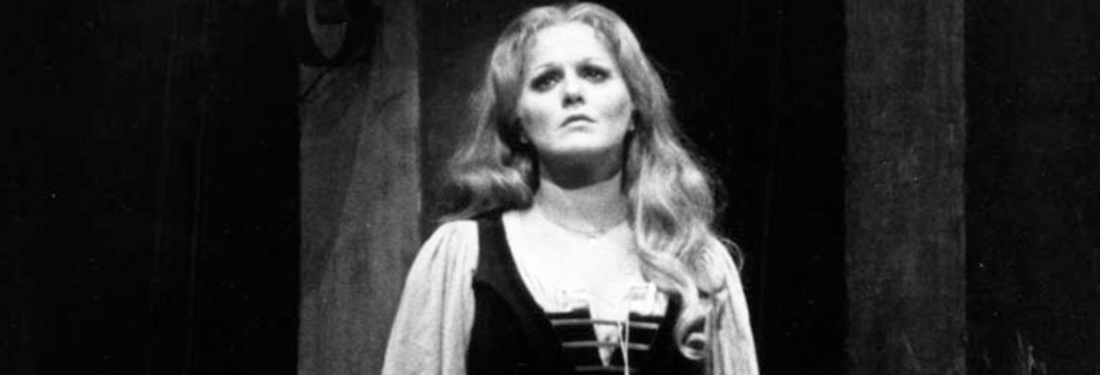










Comments